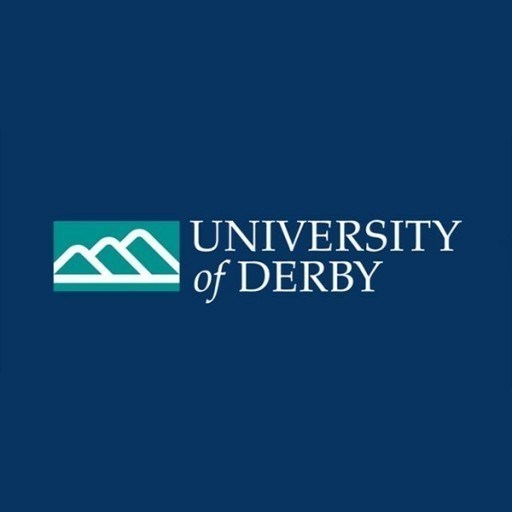Photos of university / #derbyuni
Advertisement
Why choose this course?
* This programme reinforces the centrality of the image and the role of the imagination in the practice of art therapy.
* It places emphasis on preparing you to work in clinical environments and developing the professional skills you'll need.
* The course comprises an extended period of independent scholarship aimed at helping you synthesise your learning from all areas of the course to develop your clinical reasoning and professional identity.
About the course
The aim of the course is to give you experience of clinical art therapy practice and supervision, as well as closed group work and current theory. You'll also be able to improve your technical art skills through studio work, exploring the potential for self expression and communication through image making.
You'll have a personal tutor who will be responsible for monitoring your overall progress and as well as taught components, you'll engage in clinical placements and personal therapy, as this is a requirement for professional registration. This is a private arrangement and the cost is not included in the fees, although individual or group therapy is acceptable.
PG Certificate level
This course gives you the experience of a closed art therapy group led by a State Registered Art Therapist. Studio work will deepen your understanding and relationship with your art form. You'll study the nature of human development and health and disability in art therapy as part of the Arts Therapies Theory and Research in Relation to Practice One module. In the clinical setting you'll be supervised by an appropriate therapist and you'll need to attend a reflective practice group at the University which is facilitated by a State Registered Art Therapist.
PG Diploma level
You'll study evidence based practice and research methodologies as part of the Arts Therapies Theory and Research in Relation to Practice Two module. You'll also undertake a larger block of clinical placement in an appropriate setting.
MA level
You'll undertake a period of independent scholarship where you'll produce a body of artwork exploring an appropriate area of enquiry.
The programme can lead you to a career in areas like mental health, education, the prison service, social services and the voluntary sector, as well as in private practice, and increasingly, in business.
If you successfully complete the Masters degree in Art Therapy, you will be eligible to apply for professional registration with the Health Professions Council (HPC).
How you're assessed
Assessment is both practical and written - there are no exams. Usually, assessment is through written assignments, reflective journals, facilitation exercises, artwork and reports based on performance in the clinical setting. However, you'll receive clear guidelines at the start of each module, about how you'll be assessed in that module.
Anything else?
You'll undertake a health screening at the start of the course.
It's strongly recommended that you become a trainee member of the British Association of Art Therapists at the start of this course.
Initial Recommended Reading:
* Edwards, D (2004) Art Therapy: Creative Therapies in Practice. Sage Publications
If you're offered a place on the course you'll have a Criminal Records Bureau (CRB) check which, from the 6 April 2011 will cost £44. You'll need to pass a health screening check and undertake a process of health screening at the start of the course.






